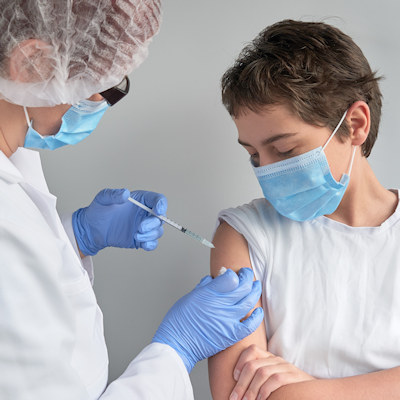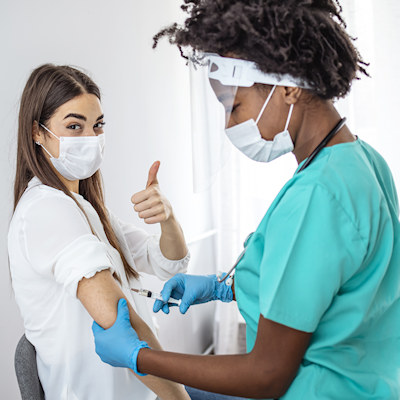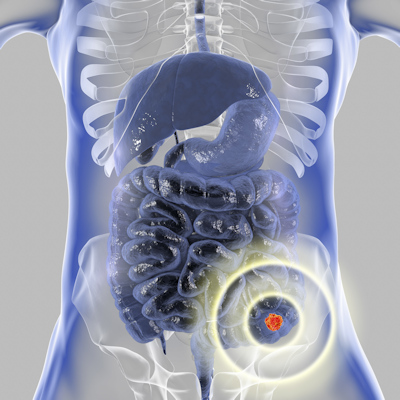February 1, 2023 -- Immune checkpoint inhibitors perform comparably in vaccinated and unvaccinated individuals, allaying concerns that injections given to protect against COVID-19 will interfere with cancer treatment.
COVID-19 vaccines and checkpoint inhibitors such as Merck's anti-PD-1 monoclonal antibody Keytruda both enhance immune responses. The targets of the enhanced immune responses differ, with vaccines seeking to equip the system to recognize SARS-CoV-2 viruses and checkpoint inhibitors being designed to unleash attacks against cancer cells; however, there have been concerns about synergistic effects. People on checkpoint inhibitors can suffer immune-related adverse events even in the absence of a vaccine.
To understand how, if at all, the two interventions interact in the body, researchers at the Saint Louis University School of Medicine studied anti-SARS-CoV-2 T-cell and antibody responses in vaccinated and unvaccinated patients receiving checkpoint inhibitors. The scientists published their results in the journal Frontiers in Immunology.
Using an IgG ELISA kit and ELISPOT assay, the collaborators quantified immune responses in 41 people who were taking anti-PD-1/L1 checkpoint inhibitors to treat a range of cancers. The patients, 29 of whom were vaccinated against COVID-19, provided blood samples before receiving a checkpoint inhibitor and two to three weeks after their second infusion of the anticancer immunotherapy.
Thirteen people in the vaccinated cohort had a twofold or greater increase or, more rarely, decrease in antibody titers after receiving treatment for their cancer. An analysis of the characteristics of patients who experienced significant changes in antibody titers failed to tie the changes to factors such as sex, age, type of vaccine, or type of cancer. A comparison of the vaccinated and unvaccinated data suggested that checkpoint inhibitors did not enhance the antibody responses of people protected against COVID-19.
"It was thought that patients who had recently been vaccinated for or exposed to COVID-19 may have boosted inflammatory responses after immune checkpoint blockade treatment. The study found that immunotherapy did not tend to boost immune responses against COVID-19 in vaccinated patients, supporting the safety of receiving immune checkpoint inhibitors and the vaccine simultaneously," Ryan Teague, PhD, a professor at Saint Louis University, said in a statement.
The T-cell analysis delivered similar results. Eight of the 22 evaluable vaccinated patients had increased or, more rarely, decreased T-cell responses after cancer treatment. Again, no correlation between T-cell responses and patient characteristics was identified and no immunological enhancement was detected when comparing the vaccinated and unvaccinated cohorts.
While the findings are in line with emerging evidence of the safety and efficacy of checkpoint inhibitors in vaccinated patients, the researchers noted some limitations that mean further studies are needed. Notably, the study did not check if the rates of immune-related adverse events differ in vaccinated and unvaccinated populations. Longitudinal prospective clinical trials run by other groups are already gathering data to answer that question.
Copyright © 2023 scienceboard.net










